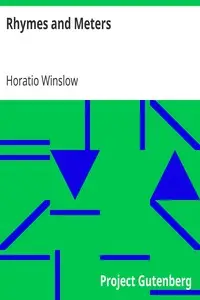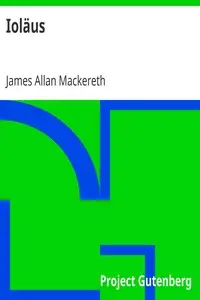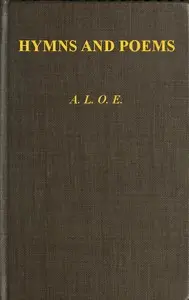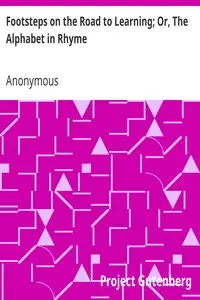** The Complete Poetical Works of Percy Bysshe Shelley — Volume 3 by Percy Bysshe Shelley is a collection of poems that, while unspecified in detail, promises a journey through the depths of human emotion and the power of language. As a volume of poetry, it likely explores various themes such as love, loss, nature, and societal issues through carefully crafted verses and imagery. The collection may showcase Shelley's distinctive poetic style, known for its rich vocabulary, philosophical insights, and passionate expression. Readers can anticipate a compilation that invites reflection on the complexities of life and the beauty of the natural world. These poems may vary in length and form, offering diverse perspectives and engaging the reader's imagination through evocative language and profound observations. **
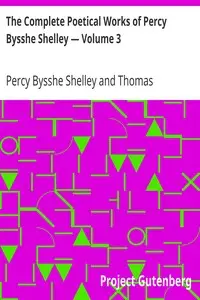
The Complete Poetical Works of Percy Bysshe Shelley — Volume 3
By Percy Bysshe Shelley
** Embark on an exploration of love, loss, and nature through evocative verses.
Summary
About the AuthorPercy Bysshe Shelley was an English writer who is considered one of the major English Romantic poets. A radical in his poetry as well as in his political and social views, Shelley did not achieve fame during his lifetime, but recognition of his achievements in poetry grew steadily following his death, and he became an important influence on subsequent generations of poets, including Robert Browning, Algernon Charles Swinburne, Thomas Hardy, and W. B. Yeats. American literary critic Harold Bloom describes him as "a superb craftsman, a lyric poet without rival, and surely one of the most advanced sceptical intellects ever to write a poem."
Percy Bysshe Shelley was an English writer who is considered one of the major English Romantic poets. A radical in his poetry as well as in his political and social views, Shelley did not achieve fame during his lifetime, but recognition of his achievements in poetry grew steadily following his death, and he became an important influence on subsequent generations of poets, including Robert Browning, Algernon Charles Swinburne, Thomas Hardy, and W. B. Yeats. American literary critic Harold Bloom describes him as "a superb craftsman, a lyric poet without rival, and surely one of the most advanced sceptical intellects ever to write a poem."

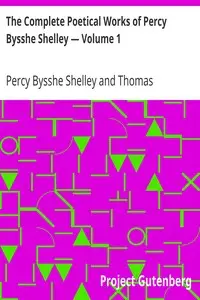
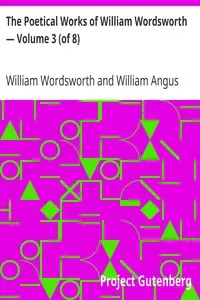
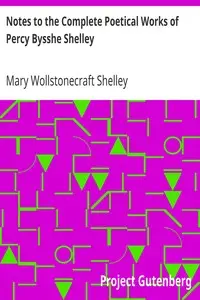
![The Prose Works of Percy Bysshe Shelley, Vol. 2 [of 2] by Percy Bysshe Shelley](https://cdn.a2-host.cloud/N5mkWLLMME8fsj53C1cwpEjUdDWU-6Y0rYa0VHN1zFM/rs:fill:215:325:0/g:ce/aHR0cHM6Ly9zcC1hc3NldHMuczMudXMtd2VzdC0wMDQuYmFja2JsYXplYjIuY29tL2Jvb2svNjc5MjYvVGhlX1Byb3NlX1dvcmtzX29mX1BlcmN5X0J5c3NoZV9TaGVsbGV5X1ZvbF8yX29mXzJfY292ZXIuanBn.webp)
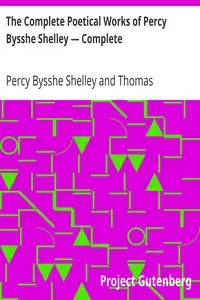

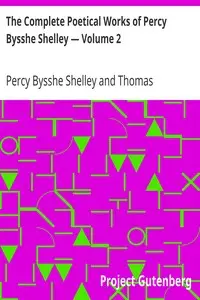
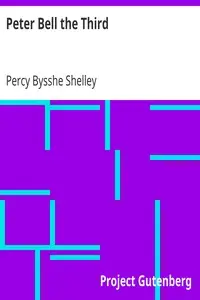
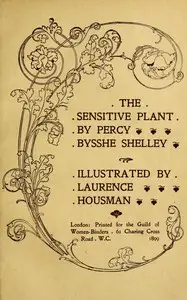
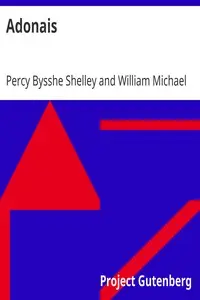
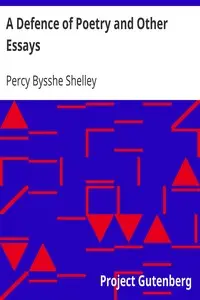
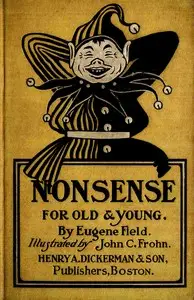
![XXXII Ballades in Blue China [1885] by Andrew Lang](https://cdn.a2-host.cloud/jCrahrVr7Gkr2fYpB0NvfDIPhDJPaoCm6n8OK9iS36c/rs:fill:215:325:0/g:ce/aHR0cHM6Ly9zcC1hc3NldHMuczMudXMtd2VzdC0wMDQuYmFja2JsYXplYjIuY29tL2Jvb2svNTExNjAvWFhYSUlfQmFsbGFkZXNfaW5fQmx1ZV9DaGluYV8xODg1X2NvdmVyLmpwZw.webp)
